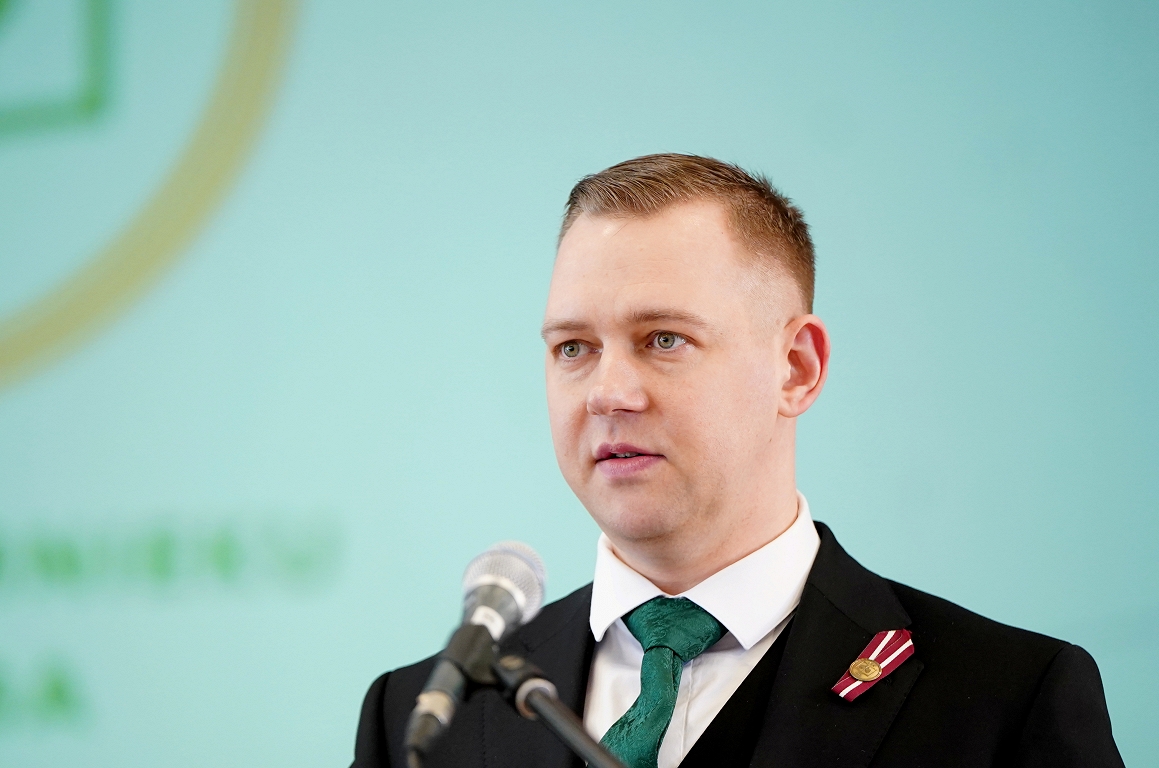The smartphone makes us more « stupid » but there is a way to avoid it: following 7 rules, here are what

The Financial Times lists seven habits that unite the brightest minds: this is how to become great thinkers in the mass distraction era and resist mental impoverishment from hyperconnection
In an era in which technology accompanies us everywhere, but rarely it really lets us think, the signals are worrying: concentration skills are reduced, reading skills fall and critical thinking arranges. According to the Financial Timeswe are becoming more « stupid » and largely the fault of the smartphone.
Yet, in the midst of this widespread decline, there are still great thinkers capable of generating original ideas and reflecting in depth. What distinguishes them? The Financial Times Lists seven habits that unite the brightest minds. They are apparently obvious habits, that each of us can cultivate them, to resist the mental impoverishment caused by the cognitive drift of our time. Let’s see what they are.
Read books
In a world dominated by posts and feeds, the book The best technology remains to transmit complexity. Those who want to simplify everything tend to take refuge in online theories and ideologies cut with acceptance. Those who read books, on the other hand, accept ambiguity, slowness, depth.
Reduce time on screens
Less screens means more time to read, but also to think. The moments of mental « emptiness » – walking, making gardening, dreaming of open eyes – are often the most fertile ones. Jennifer DoudnaNobel for chemistry, says he has the best intuitions while he deserves the garden.
Follow your vocation, not your career
True thinkers are not looking for status or money, but freedom. Doudna herself left a prestigious position in the company after two months, because she felt she could not work freely. He returned to the university, where he would make the discovery that he earned her the Nobel.
Be multidisciplinary
In Vienna, between the end of the 19th century and the early 1900s, the disciplines were not separate: Freud, Hayek, Gödel, von Neumann moved between philosophy, economy, psychology, science. Today’s academic barriers hinder this type of thought, but overcoming them can generate real conceptual revolutions.
Observe the real, but without giving up ideas
The philosopher and politicalologist Isaiah BerlinDuring the Second World War, he wrote such bright analyzes on the United States as to conquer even Churchill, who one day wanted to know him but by mistake he convened the composer Irving Berlin. But what made him truly a great thinker was the decision – taken in a night flight without light, or sleep, or distractions – to devote himself to the history of ideas.
Doubt oneself
Mediocre thinkers seek confirmations. Great thinkers cultivate doubt and question themselves. Darwin used to write arguments against his own theories. The doubt and the ability of self -criticism are not a brake: it is the condition to really think.
Learn from anyone
Only the mediocre boasts, as adults, of the university frequented at 18. Excellent minds are constantly learning and never feel « arriving ». The author of the analysis of the Ft Remember a dinner in which the two Nobel prizes present at the table were also those who spoke less and listened more.
Resist notification
In short, it seems that thinking has become against the current. Being deep thinkers today, however, doesn’t just mean knowing more. Means resist: to the noise of notifications, to the performance anxiety, to the rapid and binary thought imposed by the algorithms. It means rediscovering slowness, attention, ability to ask questions. In a world that wants us distracted, Thinking is perhaps the last form of freedom.






:format(webp)/s3/static.nrc.nl/images/gn4/stripped/data132180508-4e324b.jpg)
